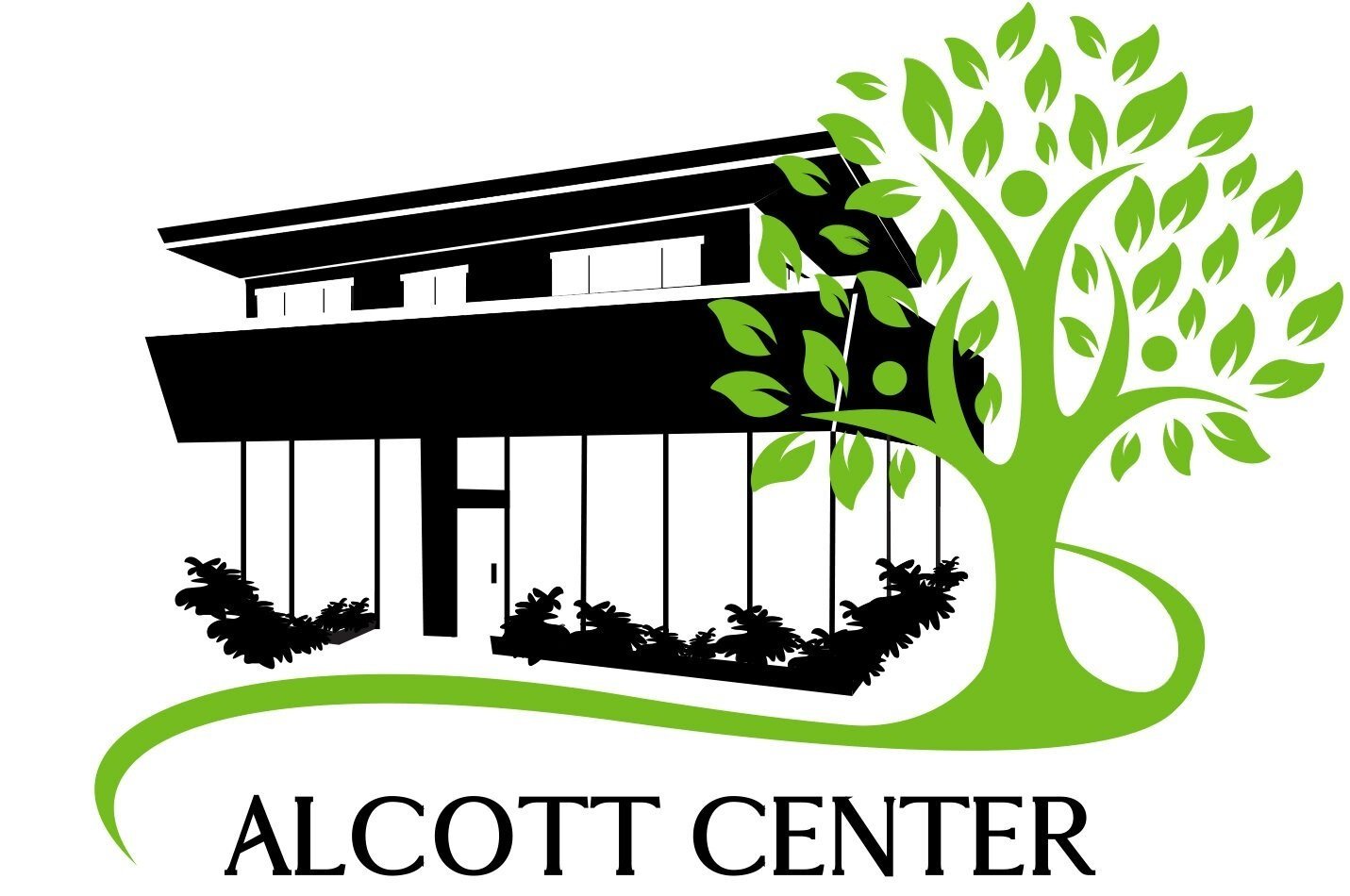The Alcott Center for Mental Health Services recognizes that mental health is multi-faceted and that housing plays an immense role in an individual's mental health. For that reason, the Alcott Center continues to expand supportive housing programs that utilize a trauma-informed approach to help community members find and maintain housing. The Alcott Center provides emergency, transitional and permanent housing support throughout Los Angeles for community members who are navigating mental health challenges.
Supportive Housing
Aligned with Los Angeles County priorities, permanent housing programs at the Alcott Center serve those adults, 18+, considered most at risk. These services are provided at no cost to participants. Alcott Center’s supportive housing services partner closely with Los Angeles Department of Health Services and the Los Angeles Office of Diversion and Reentry (ODR).
Supportive Housing Services Include:
Intensive Case Management Services (ICMS)
Linkage to and assistance with benefit applications
Linkage to medical, mental health, substance use treatment
Housing searches and processing of applications
Emergency and Interim Housing
Justice-Involved Re-Entry
Jail Diversion Services Include:
Intensive Case Management
Linkage to medical, mental health, substance use treatment
Psychiatry
Housing searches and processing of applications
15-30% of those that are justice-involved are facing mental health challenges.
The largest mental health facilities are often the jails. It is estimated that 60% of those impacted by mental illness and incarcerated could be rehabilitated in the community if housing were available. The Office of Diversion and Reentry (ODR) programs serve to reduce these numbers by providing jail in-reach and intensive treatment, removing inmates, or diverting them prior to incarceration.
Immediately upon release or diversion, clients are placed in interim housing facilities where the Alcott Center begins providing intensive case management services, each case manager serving as the point of contact for the client’s medical, mental health, and other supportive services.
Similar to homelessness, reentry into society after living in the prison system is a major stressor for many of the individuals we help.
All too often, when a mental health crisis arises, the police are encountered, resulting in many facing incarceration. In fact, it is estimated that 15 - 30% of those incarcerated are impacted by mental health challenges. Many of these individuals have committed minor crimes related to their illness. While incarcerated, they often do not receive adequate treatment causing symptoms to worsen, an increased risk of victimization, additional trauma and longer jail stays.
Fisher Place
In 2019, with new funding from the Department of Health Services, the Alcott Center opened 'Fisher Place,' an interim housing facility located in the south-central area of Los Angeles. Fisher Place houses 43 women with mental health challenges who have been redirected from incarceration into the care of the Alcott Center. Clients typically stay with us for about two years. The Felony Incompetent to Stand Trial Program (FIST) Diversion and Community-Based Restoration program removes individuals who are facing felony charges and who are found incompetent to stand trial, out of jail, and into community-based settings. This program reduces the wait list and wait time of those waiting in jail for State Hospital placement.
The goal of Alcott’s Fisher Place interim housing program is to provide direct wrap-around clinical treatment, case management services, and housing for the FIST program. Participants with a focus on mental health stability, harm reduction, preventative care, and reducing recidivism.
Clients receive:
Provide direct individual and group therapy, support client’s treatment and program goals.
Clinicians and case managers will meet in person on-site.
Clinicians provide direct therapy to each client 2-4x per month. Additionally, each clinician facilitates at least one competency group and one mental health-focused group per week.
Linkage to Mainstream Benefits.
Linkage to Primary Care Physician.
While living at Fisher Place, residents are provided both mental and traditional health care services, assistance with finding permanent housing, life skills classes, and substance use treatment. Fisher Place is supported by the generosity of actress/director/mental health advocate Joely Fisher and the Fisher Family.
“I am proud to be on the Alcott Center Board of Directors and honored that Alcott’s first group home is named after my family. I hope you will join me in support of the Alcott Center's continued great work. With your financial support The Fisher Place will flourish in its mission to give residents the skills, housing, hope, and opportunity to thrive and live a full healthy life as a productive citizen in Los Angeles” said Joely Fisher.
Bandera Houses
In 2020, with new funding from the Department of Health Services, the Alcott Center opened the Bandera Houses, an interim housing facility located in the Watts area of Los Angeles. Alcott’s Bandera interim housing site provide services to indiidvuals within the MIST diversion program, and includes two distinct houses: Bandera Recovery Home and Bandera Two. The MIST (Misdemeanor Incompetent to Stand Trial) program diverts individuals charged with misdemeanors who are deemed incompetent to stand trial from jail to community-based settings. In these settings, clients receive housing and clinical care tailored to their specific needs.
Bandera Recovery Home
Located in Watts, Bandera Recovery Home accommodates 20 men. Clients typically stay with us for about a year. Eligibility criteria for this site includes:
Voluntary enrollment: The client must self-opt into the site demonstrating their commitment to recovery.
Commitment to Recovery: The client must express a desire to abstain from substances and engage in programming.
Engagement in Support Networks Active participation in community support meetings (12 steps, SMART, or similar groups) are highly encouraged.
Willingness to Work with a Sponsor or Mentor Clients are highly encouraged to work with a mentor, sponsor, and or other partner to support their recovery goals.
Group Programming Involvement: Clients have agreed to participate in at least 10 hours of programming per week to address and enhance their recovery. The 10 hours per week will be substance use recovery and holistic health oriented.
Individuals who do not have a substance use disorder are welcomed.
Bandera Two
Bandera Two is located in Watts and accommodates 20 men. Clients typically stay with us for about a year. The goal for Bandera Two is to provide direct wrap-around clinical treatment, case management services, and housing for the MIST program. Participants with a focus on mental health stability, harm reduction, preventative care, and reducing recidivism.
Clients receive:
Direct individual and group therapy and support toward the client’s treatment and program goals.
Clinicians and case managers will meet in person on-site.
Clinicians provide direct therapy to each client 2-4x per month. Additionally, each clinician facilitates at least one mental health-focused group per week.
Linkage to Mainstream Benefits.
Linkage to Primary Care Physician.






